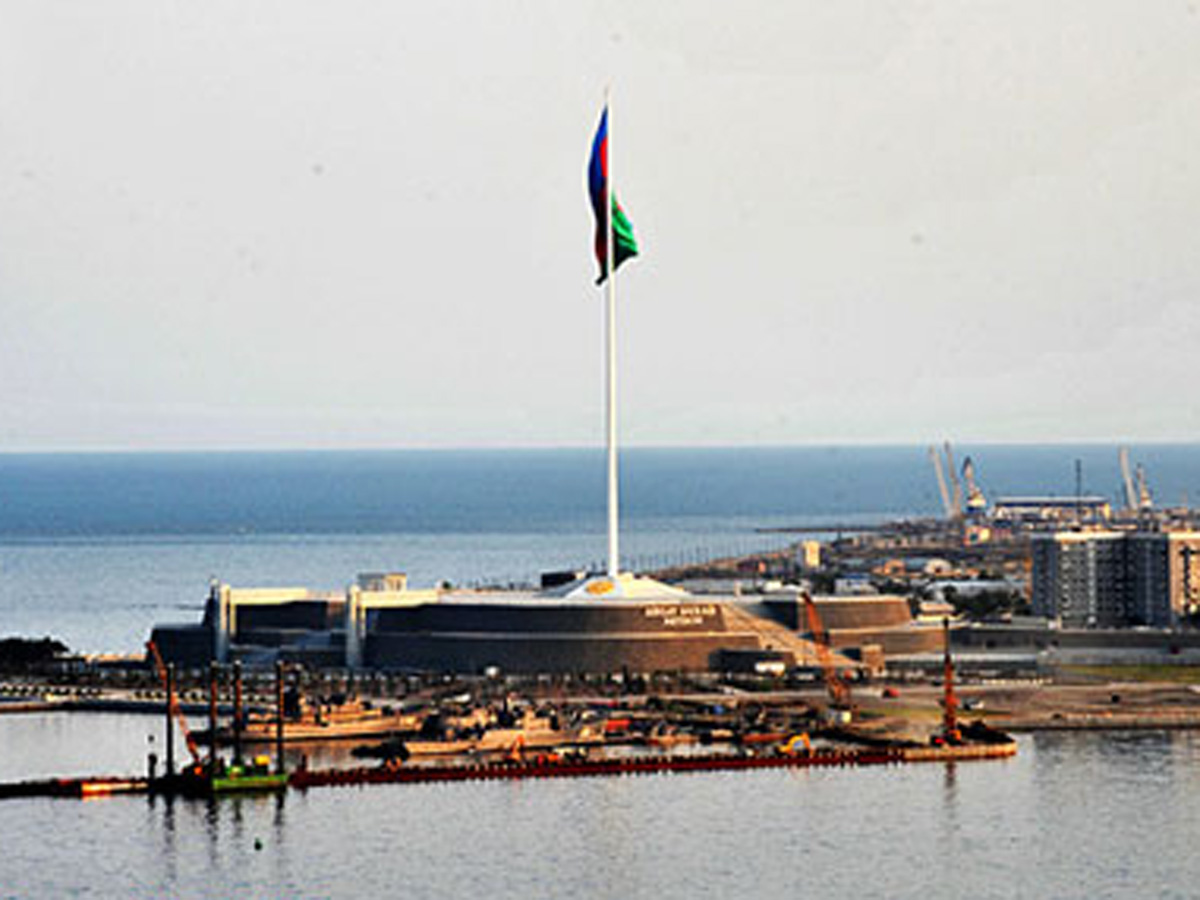Baku, Azerbaijan, Mar. 13
By Seba Aghayeva - Trend:
Holding of the OSCE Minsk conference could have a positive impact on the settlement of the Armenian-Azerbaijani Nagorno-Karabakh conflict, according to the Azerbaijani Foreign Ministry.
Azerbaijan supports the active participation of all member states of the OSCE Minsk Group in the process of settlement of the Nagorno-Karabakh conflict, and their contribution to this process, Azerbaijani Foreign Ministry spokesperson Hikmet Hajiyev told Trend March 13.
He was commenting on the negotiations of OSCE Minsk Group co-chairs with Belarusian Foreign Minister Vladimir Makei in Minsk.
Holding discussions on the conflict's settlement with participation of all member states of the OSCE Minsk Group could have a positive impact on this process, according to the spokesperson.
"Belarus is ready to host the conference (negotiations) on the Nagorno-Karabakh issue," Vladimir Makei said at the meeting with the OSCE Minsk Group co-chairs earlier, BelTA reported.
"I would like to confirm our willingness to host the peace talks on Nagorno-Karabakh in the period envisaged by OSCE's relevant decisions," he said. "If necessary, we could also provide a venue for the final stage of the negotiation process on working out a comprehensive peace agreement."
Hajiyev reminded that during the extraordinary meeting of foreign ministers of member states of then Conference on Security and Co-operation in Europe on Mar.24, 1992 in Helsinki, it was made a decision to hold a conference in Minsk on this conflict in the shortest possible time.
The major part of Azerbaijan's Nagorno-Karabakh region and surrounding districts were not yet occupied and ethnic cleansing wasn't yet committed against over a million Azerbaijani refugees and IDPs in March 1992, said Hajiyev.
Perhaps, it would be possible to prevent large scale Armenian aggression and occupation of Azerbaijani lands and save the lives of thousands of people if the needed political will was displayed and the Minsk conference was convened in time, he added.
Over 23 years have passed, but the Minsk conference hasn't been convened so far, according to Hajiyev.
Moreover, he pointed out the activeness of OSCE Minsk Group co-chairs in recent times, adding that such meetings were also held with other members of the organization - Germany, Finland.
"There is an agreement of the co-chairs of OSCE Minsk Group and the international community about the need to start working on the big peace agreement," said the spokesman of the Azerbaijani foreign ministry. "The only obstacle to start working on a big peace agreement is Armenia. The main point of the process, which is supported by the co-chairs of OSCE Minsk Group as well, is the withdrawal of the armed forces of Armenia from the occupied territories of Azerbaijan. Armenia also sees itself, in what a desperate situation the country is, and therefore is trying to destabilize the situation mainly by political speculations and provocative actions on the front line. However, this is not an option. Armenia should take into account the realities and will have to do so."
After elimination of consequences of the occupation and the aggression of Armenia and the withdrawal of Armenian armed forces from the occupied Azerbaijani territories, a real ceasefire can be established, which would put an end to human losses and restore peace and stability in the region, said Hajiyev.
The conflict between the two South Caucasus countries began in 1988 when Armenia made territorial claims against Azerbaijan. As a result of the ensuing war, in 1992 Armenian armed forces occupied 20 percent of Azerbaijan, including the Nagorno-Karabakh region and seven surrounding districts.
The two countries signed a ceasefire agreement in 1994. The co-chairs of the OSCE Minsk Group, Russia, France and the US are currently holding peace negotiations.
Armenia has not yet implemented the UN Security Council's four resolutions on the liberation of the Nagorno-Karabakh and the surrounding regions.
Edited by CN
---
Follow the author on Twitter: @Asebaa






